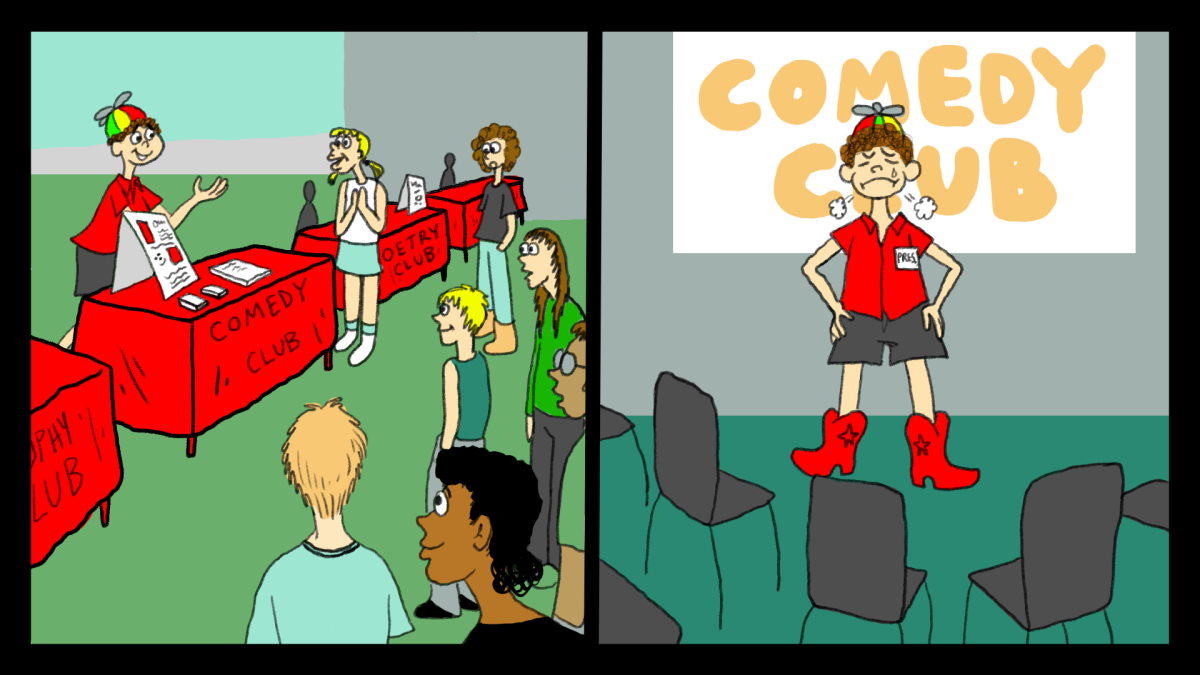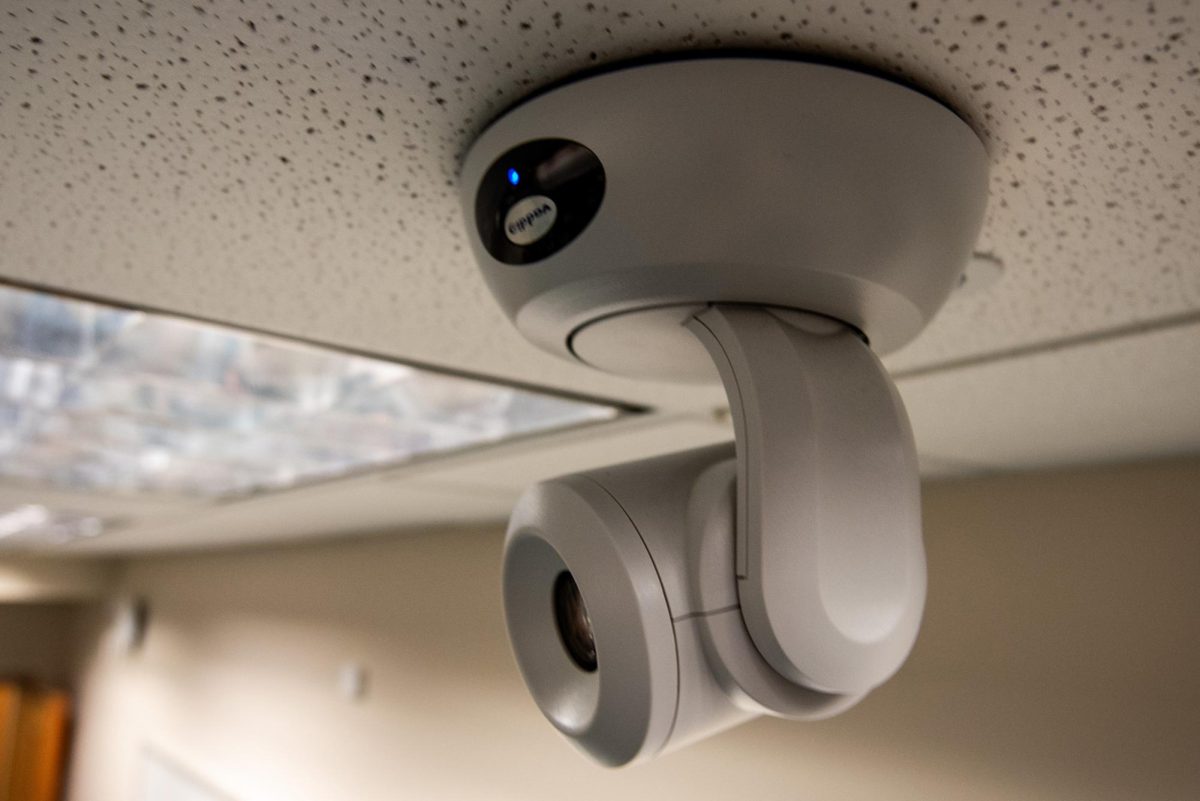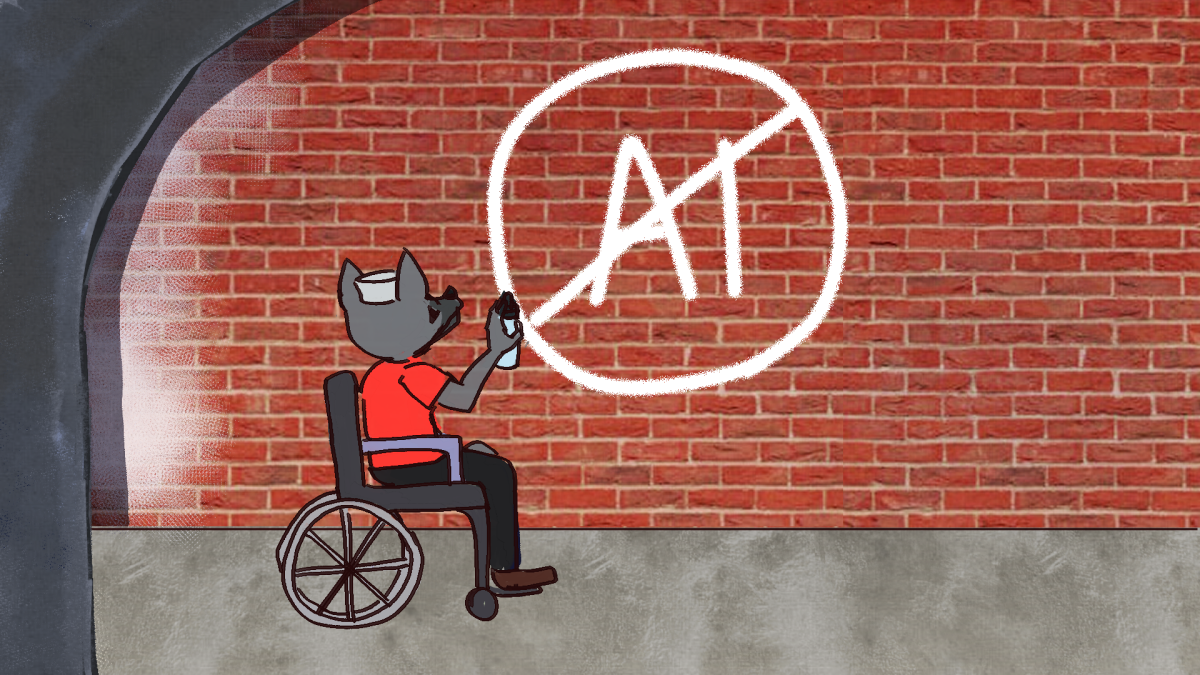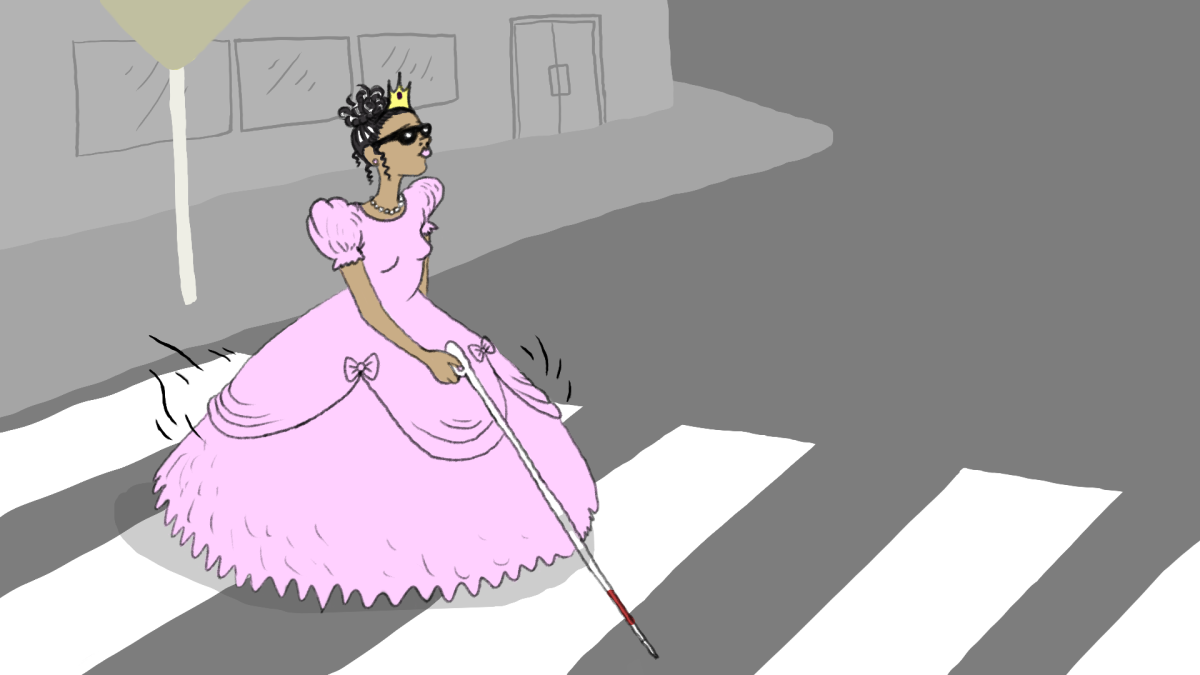Bill Maher and Steven Colbert exchanged awkward banter on the “Late Show” Nov. 16, which turned from joking to uncomfortable within a few seconds. Colbert, a Catholic, and Maher, an atheist, sparred about their religious views on national television, breaking a social rule that Colbert reminded us all of: At a dinner party, no one talks about religion or politics.
However, religious tensions are heated right now, in the wake of the tragedy in Paris, and this is breaking apart our social boundaries. This week, the tension makes it feel as if religious war is on the horizon. Experts tell the panicked public that this is what the Islamic State of Iraq and the Levant wants. They meant to cause this passionate backlash and rise of religious intolerance. We are feeding right into it.
The New York Times reported Tuesday that ISIL is likely responsible for 1,000 civilian deaths outside of Syria and Iraq. It seems that not only the ISIL attacks in the past year in Paris, Libya, Tunisia, Egypt, Yemen and Beirut are providing fodder for the disbandment of religions, but also how much of the world is choosing to react in the wake of the attacks.
All of a sudden, fear revealed an intolerance that lurks just below the surface.
The terrorist attacks of 9/11 happened when I was 6 years old. I grew up in a world consumed with the war in the Middle East and a world where terrorist attacks were the stuff of my nightmares and an essential piece of my vocabulary. The media gave me a face to fear: a Muslim.
Last year, when three young Muslims were killed in a hate crime in Chapel Hill, our campus and country exploded with accusations of “Islamophobia.” “Islamobophia,” now less than a year later, is back and bolder than ever. Our governor, Pat McCrory, has declared in the aftermath of the attacks that no more Syrian refugees will be allowed into North Carolina. There are heated debates about screening refugees’ religions and turning them away if they are Muslim. There is an idea that Islam needs to be eradicated.
It is a tricky topic because one can’t separate ISIL from Islam because this is what they are identifying as. However, though ISIL does draw influence from Muslim texts and history, it exploits a peaceful religion in order to lend its cause cultural legitimacy.
It is naive and inaccurate to refuse to acknowledge the attack’s connection with Islam, but it is also bigotry to allow ISIL and terrorism to represent all Muslims. It’s damaging to believe that extremism represents all religion.
After the massacre of innocents in the so-called name of religion, the world heard the voices, “Pray for Paris.” This response pitted Christianity against Islam in yet another way.
Social media, the narcissistic phenomenon, allowed people to make Paris about themselves and their personal sadness. The reminder to “Pray for Paris” that scattered throughout our phones’ feeds is a mere reminder about the careless inaction our culture has in the face of tragedy and the increasing secularization of prayer.
It is more than just narcissism — the mass reaction on social media is indicative of how people view different religions. This weekend we pitted perceived opposites against each other: good versus evil; prayer versus massacres; Christian versus Muslim.
Religion is a tool in the hands of the powerful, and this is why religion has been tied up with violence for centuries.
For the GOP race, Saturday got predictably anti-Muslim. Candidates such as Jeb Bush, Ted Cruz and Donald Trump called for action against Muslims in retaliation during the debate. On MSNBC Tuesday, Trump declared he would strongly consider closing down the mosques. The anti-Muslim sentiment is a desperate attempt to win over a Christian majority. It’s despicable that in the light of tragedy, candidates are too concerned with winning votes to use their political or social influence to do any good. Obviously the self-preserving, narcissistic culture exceeds social media.
Once again, the “other” is feared instead of just those who commit heinous acts of violence.
In regards to the Islamophobic reaction after the Paris attack, President Barack Obama said, “That’s shameful. That’s not American. That’s not who we are. The values we are fighting against ISIL for are precisely that we don’t discriminate against people because of their faith. We don’t kill people because they’re different than us. That’s what separates us from them.”
Like Obama, Student Body President Khari Cyrus, in his weekly email, urged NC State students to be compassionate while students figure out how to work through the immense loss of life that occurred over the past few weeks.
There seems to be a perversion of religious freedom — many think religious freedom only applies to their own. But religious freedom does not mean punishing those who don’t practice yours, and more importantly, terrorism isn’t an attack on Christianity. It’s an attack on humanity, and it’s an attack on peace and prosperity.
- ‘Faith is a house with many rooms’: Why we decided to talk about religion
- Religious practices change with generation, culture
- Religious organizations on campus
- Celebrating Diwali and still making it to class
- Christian Science and the ‘power of prayer’
- Religion professors strive to teach neutrality, understanding of other religions
- Coming to terms with religion: a Jehovah’s Witness’ story
- COLUMN: Terrorism has no religion
- COLUMN: The nine universal vices and virtues








